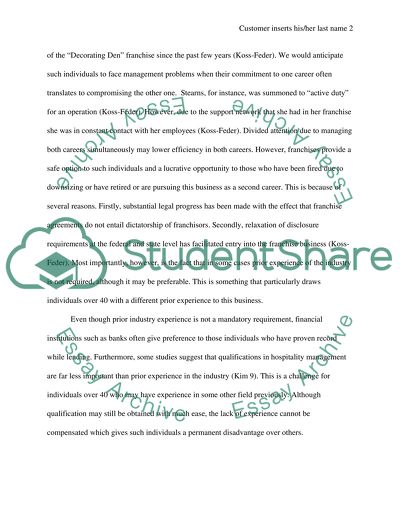Cite this document
(“Hospitality As A Second Career May Be Challenging Research Paper”, n.d.)
Hospitality As A Second Career May Be Challenging Research Paper. Retrieved from https://studentshare.org/professional/1480483-persuasive-essay-developed-from-proposal-over
Hospitality As A Second Career May Be Challenging Research Paper. Retrieved from https://studentshare.org/professional/1480483-persuasive-essay-developed-from-proposal-over
(Hospitality As A Second Career May Be Challenging Research Paper)
Hospitality As A Second Career May Be Challenging Research Paper. https://studentshare.org/professional/1480483-persuasive-essay-developed-from-proposal-over.
Hospitality As A Second Career May Be Challenging Research Paper. https://studentshare.org/professional/1480483-persuasive-essay-developed-from-proposal-over.
“Hospitality As A Second Career May Be Challenging Research Paper”, n.d. https://studentshare.org/professional/1480483-persuasive-essay-developed-from-proposal-over.


